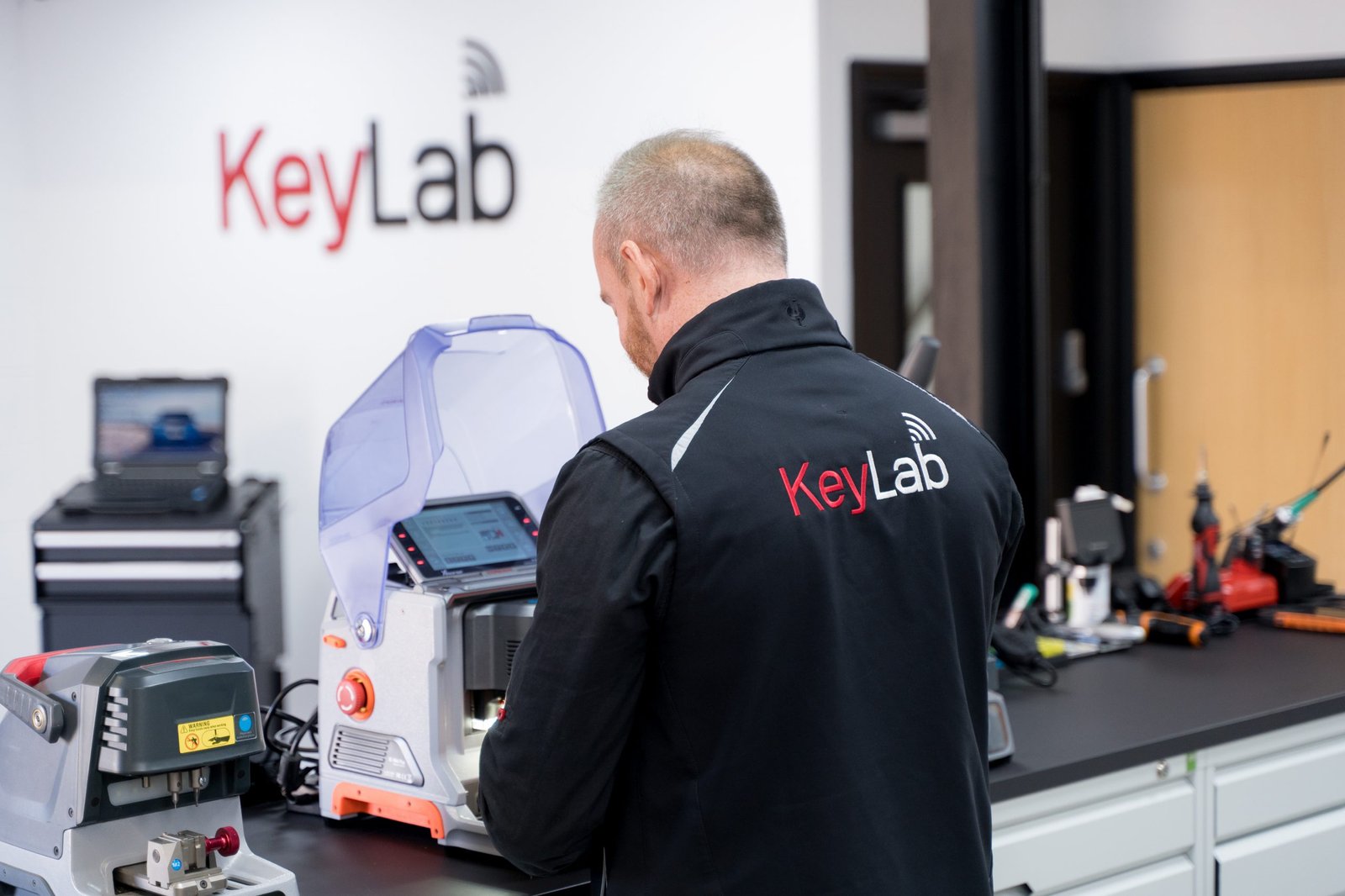A Comprehensive Guide to Replacing Car Keys
Car keys have developed significantly from the easy metal keys of the past to advanced electronic fobs that integrate numerous security features. Despite whether you own an older model or a modern vehicle, losing a car key can cause substantial trouble. This short article provides a comprehensive introduction of the procedure of replacing car keys, consisting of the various types of keys, associated costs, and frequently asked questions.
Kinds Of Car Keys
Before going over the replacement process, it's important to comprehend the various types of car keys that exist today. Each type has its special replacement technique and expense.
Conventional Metal Keys:
- Used in older vehicles.
- Easy to replicate at many hardware stores.
Transponder Keys:
- Contain a chip that interacts with the vehicle's ignition system.
- Require specialized equipment for cutting and shows.
Smart Keys:
- Keyless entry systems that enable drivers to begin their cars without placing a key.
- Replacement requires dealership participation for programming.
Key Fobs:
- Remote-controlled devices that unlock doors and can begin the engine.
- Typically integrated with transponder innovation.
Valet Keys:
- Designed for short-term use, enabling limited access to a car.
- Generally discovered with a key fob for fundamental functions.
Contrast Table: Types of Car Keys
| Key Type | Description | Replacement Method | Expense Range |
|---|---|---|---|
| Standard Metal | Standard, non-electronic keys | Replicate at hardware stores | ₤ 2 - ₤ 10 per key |
| Transponder | Keys with a programmable chip | Auto locksmith or dealership | ₤ 50 - ₤ 200 |
| Smart Key | Keyless entry system | Dealership only | ₤ 200 - ₤ 500 |
| Key Fob | Push-button control gain access to | Auto locksmith professional or dealership | ₤ 50 - ₤ 300 |
| Valet Key | Restricted access for short-lived use | Replicate if possible | ₤ 10 - ₤ 30 |
Actions to Replace Car Keys
Changing car keys can seem daunting, but it can be fairly simple when broken down into workable actions. Here's a guide to follow:
1. Determine Key Type
Recognize the type of key you require to replace. This will direct your next actions and supply insight into the needed replacement technique.
2. Locate Your Vehicle Identification Number (VIN)
The VIN is normally found on the motorist's side control panel, visible through the windshield. It can also be found on the chauffeur's side door frame or in your vehicle's registration files. This details is necessary for any key replacement, as it confirms vehicle ownership.
3. Contact a Professional
Depending upon the key type, you might need to go to either a dealership or a locksmith. For traditional keys, many hardware stores can replicate them quickly. For transponder keys, a certified locksmith professional or car dealership is needed to set the new key.
4. Offer Necessary Documentation
You might require to present paperwork that verifies your identity and ownership of the vehicle. Common files include:
- Driver's license
- Vehicle registration
- Evidence of insurance
5. Program the New Key
For keys with innovative innovation (like transponder keys or clever keys), programming is frequently required. This might include utilizing special diagnostic devices readily available at a dealer or expert locksmith professional.
6. Evaluate the New Key
After replacement, constantly check the new key to guarantee it unlocks the doors and, if relevant, starts the ignition.
Costs Associated with Key Replacement
The cost of replacing car keys can differ substantially based upon the key type, vehicle make and model, and the replacement technique chosen. A typical expense breakdown is as follows:
- Traditional Keys: ₤ 2 - ₤ 10
- Transponder Keys: ₤ 50 - ₤ 200
- Smart Keys: ₤ 200 - ₤ 500
- Key Fobs: ₤ 50 - ₤ 300
- Provider of a Locksmith: ₤ 50 - ₤ 150 (depending on services rendered and the intricacy of the key)
Factors Influencing Cost
- Vehicle Make and Model: Luxury vehicles frequently have higher replacement costs due to sophisticated technology.
- Contract out vs. Dealership: Dealerships may charge more than independent locksmith professionals for comparable services.
- Aftermarket vs. Original Parts: Some people choose for aftermarket keys, which can be cheaper but might not have the very same guarantee protection.
Frequently Asked Questions About Replacing Car Keys
Q1: Can I replace my car key myself?A: While you can replace conventional metal keys yourself, a lot of modern-day keys require professional expertise for duplication and shows. Car Key Replacements is suggested to look for professional help. Q2: How long does it require to replace a car key?A: Replacement time varies. Traditional keys can be made in minutes, while transponder
or clever keys may take longer, particularly if programs is involved. Q3: What if I lose my only key?A: In this case, you will require to tow your vehicle to a dealer or locksmith professional that can create a brand-new key for you. Q4: Will my
car's service warranty cover key replacement?A: Most car guarantees do not cover key replacement unless you have particular theft protection strategies.
Always contact your service warranty company. Q5: How can I prevent losing my car keys?A: Consider utilizing a key finder device, designating a specific area for your keys in the house, and having a spare key made to keep in a safe location. Replacing Car Replacement Key can be an inconvenience, however understanding the different types of keys, replacement procedures, and associated expenses can simplify the process for vehicle owners. Being prepared with knowledge and a plan can lower
stress and get you back on the road quicker. Whether you depend on a dealership or locksmith, browsing key replacement doesn't have to be a difficult experience when you take the ideal actions.

